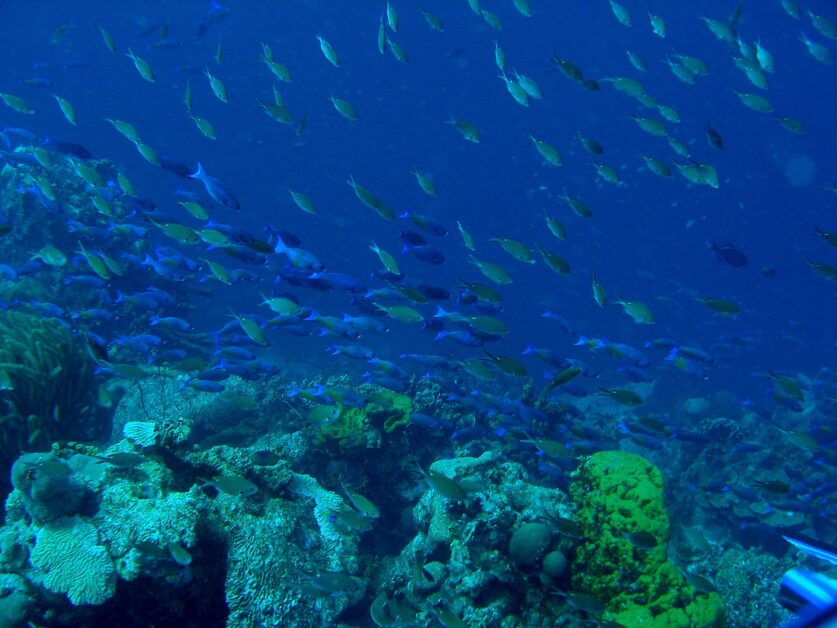Coral reefs, often referred to as the rainforests of the sea, are among the most biodiverse and ecologically significant ecosystems on the planet. Yet, they face unprecedented threats from climate change, pollution, overfishing, and habitat destruction. As these vital marine habitats continue to decline, scientists are exploring innovative approaches to aid in their restoration and conservation.
In a recent study published in the journal Royal Society Open Science, researchers at the Woods Hole Oceanographic Institution shed light on a promising method for coral reef rehabilitation: the use of sound. By harnessing the natural soundscape of healthy reefs, scientists aim to attract coral larvae and encourage their settlement on degraded reefs, thereby facilitating the recovery of damaged ecosystems.
The concept behind this approach stems from the understanding that coral larvae rely on a variety of sensory cues to navigate and select suitable habitats during their early stages of development. While chemical signals have long been recognized as important drivers of larval settlement, the role of acoustic cues has received less attention until now.
Led by Nadege Aoki, the research team conducted extensive audio recordings of coral reef environments, capturing the vibrant sounds produced by fish, crustaceans, and other marine organisms. These recordings revealed distinct acoustic signatures associated with healthy reefs, characterized by a symphony of low-frequency croaks, grunts, and crackles, punctuated by the snapping sounds of shrimp.
Armed with this knowledge, the researchers embarked on a groundbreaking experiment in the US Virgin Islands, where they deployed underwater speakers to broadcast recordings of healthy reef sounds at a degraded reef site. Concurrently, they monitored coral larvae settlement rates at multiple reef locations, including both treated and untreated sites.
The results of the study were striking: coral larvae exhibited a significantly higher rate of settlement in areas where reef sounds were played compared to silent control sites. On average, settlement rates were 1.7 times higher at the treated reef, with some locations experiencing up to seven times more settlement activity. These findings underscored the potential of sound as a powerful tool in the restoration of coral reef ecosystems.
However, while the use of sound holds promise for reef rehabilitation, several questions and challenges remain. Further research is needed to better understand how different coral species respond to acoustic cues and to elucidate the mechanisms by which larvae perceive and interpret sound signals underwater. Additionally, efforts to deploy sound-based restoration techniques must be carefully managed and monitored to minimize potential impacts on surrounding marine life and ecosystems.
Despite these complexities, the study offers a beacon of hope for the future of coral reefs in a rapidly changing world. As coral reefs face unprecedented threats from climate change and human activities, innovative approaches such as sound-assisted larval settlement may prove invaluable in bolstering their resilience and promoting their long-term survival.
The importance of coral reefs extends far beyond their role as marine habitats; they serve as vital nurseries for countless species of fish and marine life, support coastal communities through tourism and fisheries, and play a critical role in carbon sequestration and shoreline protection. Therefore, safeguarding these invaluable ecosystems is not only a scientific imperative but also a moral and ecological imperative.
The integration of sound-based techniques into coral reef conservation represents a promising avenue for preserving these irreplaceable marine ecosystems. By harnessing the power of sound to attract and guide coral larvae, researchers and conservationists are working towards a future where the symphony of life beneath the waves can continue to thrive for generations to come.
